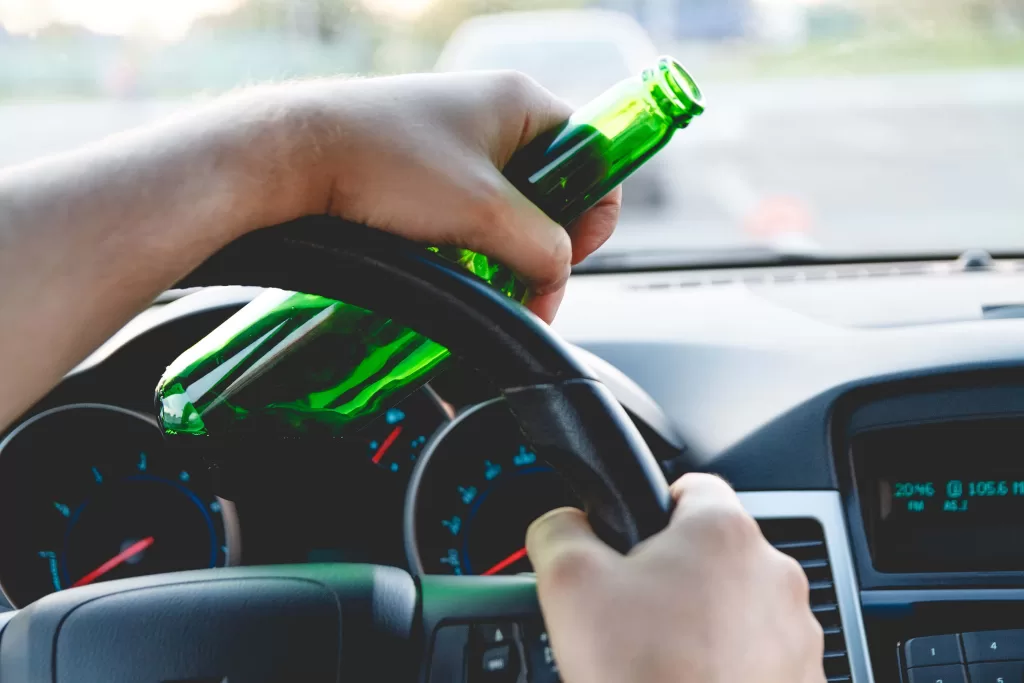Most personal injury cases involve the negligence of a defendant who did not conduct themselves in the way that a reasonable person would in similar circumstances. Cases that involve gross negligence go beyond that standard of defined negligence.
According to New York law, grossly negligent conduct involves having a reckless indifference or reckless disregard for the rights of other people. In gross negligence cases, to show that a defendant acted in a grossly negligent way, you must prove that they failed to have even the slightest care for the victim’s safety.
Gross negligence and willful misconduct both surpass the defined negligence standard. If you suffered an injury due to another person’s negligence in any type of accident, you may be able to recover compensation. Mazzu Law is a personal injury law firm in New York that provides empathetic and strong legal representation for every victim. In this blog post, we discuss gross negligence as per New York courts and review your options after an accident.

Understanding What Gross Negligence Involves
Gross negligence law in NY differs from negligence and willful misconduct even though these terms are all related in some way. The gross negligence standard upheld by the New York courts is focused on the excessiveness of a defendant’s deviation from reasonable care.
It is a substantive difference in negligence, where the level of negligence is surpassed to reach an egregious level. Common examples of gross negligence can help you understand what sets it apart from ordinary negligence and willful misconduct, the latter of which surpasses gross negligence.
Examples of Gross Negligence
Since this level of negligence may result in punitive damages, which is meant to punish defendants, it is important to understand what makes it different. Consider a car accident, a type of personal injury accident that occurs every day.
While the terms are related, the key difference is if a driver was speeding and drunk driving and caused an accident. If that accident involved the drunk driver crashing into a school bus while young children were getting on or off it, resulting in serious injuries or fatalities, this would be grounds for gross negligence.
Another example of reckless disregard would be a doctor who performed a treatment that does not fit with a patient’s medical history. This is often the grounds for a medical malpractice case.
Ultimately, a defendant may not engage in intentional wrongdoing even though it stems from their negligence pattern. This person may consistently demonstrate complete disregard for the well-being of others. If it can be proven that the defendant breached these terms in a personal injury case, the judge or jury may consider imposing punitive damages.
Proving Gross Negligence
Proving to the courts that gross negligence was a factor in your injury is similar to proving liability for negligence. It requires showing that the party or parties involved exhibited this conduct which means satisfying four criteria:
Duty of Care
The first step is proving that the defendant owed the victim a duty of care, otherwise known as a legal obligation to behave in a reasonable way. As an example, all drivers on the road must drive safely as it is their duty to keep other drivers on the road safe.
Breach of Duty
When a person takes actions that are excessively careless, they breach their duty of care. A person who far exceeds the legal limit for intoxication and gets behind the wheel would be breaching their duty to other drivers.
Causation
In cases where someone behaves in a grossly negligent way, their actions must be shown to have caused severe injury or harm to the victim.

Damages
Parties that acted with gross negligence caused the accident, injuries, and financial losses to those they harmed.
Proving negligence is challenging when you are suffering from painful injuries. When the actions of another are grossly negligent, you will need a Buffalo personal injury lawyer to help prove why the defendant should have punitive damages imposed on them. Punitive damages are not awarded in every personal injury case and you will require an experienced attorney who will know what evidence will best support your claim. This evidence may include detailed medical records, police reports, photos and videos, expert testimony from accident reconstructionists or medical experts, eyewitness testimony, black box data, and surveillance or traffic camera footage.
The greatest benefit of showing the substantive difference between negligence and gross negligence is that punitive damages may be added to punish the defendant. They also serve to discourage others from behaving in such egregiously negligent ways. In general, the more reckless and indifferent the at-fault party is and the more evidence you have to prove it, the more likely you will have punitive damages awarded in your case.
Why You Need a New York Gross Negligence Attorney for Gross Negligence Cases New York
When you are involved in an accident that was caused by someone else’s gross negligence, you do not deserve to incur all of the expenses that come with it. You likely have major medical bills and expenses from your hospital stay, surgeries, assistive medical devices, prescriptions, physical therapy, and much more.
You’ll also be likely to miss work and those lost wages can further destroy your financial situation. Along with the mental impact this kind of experience can have, you may no longer be able to do the things you once loved doing, all because someone else had such a blatant disregard for behaving responsibly.
If you are in this type of situation, it is imperative that you get gross negligence legal help in NY. Attorneys will know the best strategies to use to fight for the money you deserve. You’ll have the chance to focus on healing and your recovery while your lawyer advocates for you. Contact Mazzu Law today to discuss your case in a free initial consultation where you’ll learn more about your legal options.